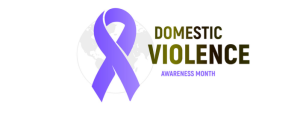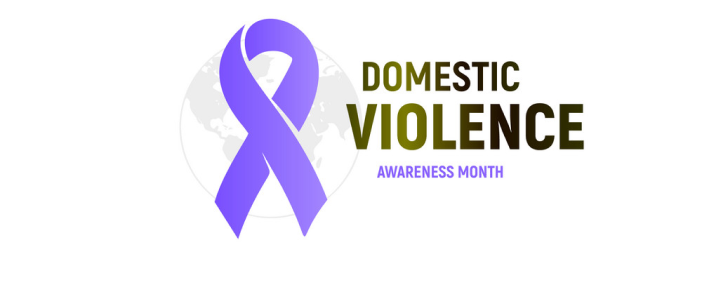Domestic violence
Domestic violence refers to the violation of the constitutional rights and freedoms by one family member to another through neglect and/or physical, psychological, economic, sexual violence or coercion.
Violence against women
Violence against women refers to all actions characteristic of gender-based violence committed against women in public or private life, which result or may result in physical, psychological or sexual suffering or economic harm to women, including threats to commit such actions, coercion of women or arbitrary deprivation of their freedom prevent.
A female minor under the age of 18 is also considered a woman.
Signs and forms of violence
physical violence – Beating, torture, injury to health, illegal deprivation of liberty or any other action that causes physical pain or suffering; Failure to meet the requirements related to the state of health, which causes damage to the victim’s health or death;
Psychological violence – insult, blackmail, humiliation, threat or other such action that causes damage to the honor and dignity of a person;
Coercion – physical or psychological coercion of a person to perform or not to perform an action, the implementation of which he has the right to refrain from, or to experience an impact against his/her will;
Sexual violence – sexual intercourse with violence, threat of violence or using the helplessness of the victim; Intercourse or other acts of sexual nature or lewd acts against minors;
Economic violence – an action that leads to the restriction of the right to provision of food, housing and other conditions of normal development, implementation of property and labor rights, as well as the right to use co-owned property and dispose of the owned share;
Abuser, victim and other parties
A victim is a woman, as well as any family member, whose constitutional rights and freedoms have been violated by neglect and/or physical, psychological, economic or sexual violence or coercion, and whose status as a victim has been determined by the relevant service of the Ministry of Internal Affairs of Georgia, the police or the court.
An alleged victim of domestic violence is a person who believes that he/she is a victim and who applies to the appropriate service, the police or the court in order to determine the status of the victim.
Assigning victim status
Victim status is granted by relevant bodies of the Ministry of Internal Affairs of Georgia, the police, investigative bodies and the court. Victim status is valid for 18 months after being granted. And if the victim uses a shelter – after the victim’s placement in the shelter for the period determined by the law.
Is considered abuser
A family member violates other members’ constitutional rights and liberties through incapacity and/or physical, psychological, sexual, or economic violence or coercion.
A family member or any other person who, in public or private life, carries out physical, psychological, sexual or economic violence or coercion against a woman based on gender, is also considered as an abuser.
The following are considered family members and other responsible persons during domestic violence:
In the case of domestic violence, a family member is considered to be a mother, father, grandfather, grandmother, spouse, stepchild, adopted child, foster parent, adoptive parent, adoptive parent’s spouse, foster parent (mother, father), grandchild, sister, brother, spouse’s parent, son-in-law, Daughter-in-law, ex-wife.
The following are obliged to report the fact of violence to the law enforcement bodies:
Detection of cases of violence against women and/or domestic violence and the appropriate response to it are ensured by law enforcement bodies and judicial bodies, as well as by the victim identification group in the manner established by this law. The obligation to initially identify the fact of violence against women and/or domestic violence and to refer it to relevant authorities in order to respond to it is the responsibility of authorized employees of medical institutions, in the case of minors -educational institutions as well as legal entities under public law – social service agency, guardianship and care authority and other entities provided for by the legislation of Georgia.
In case of violence against women and/or domestic violence, following people have the right to appeal to the court:
In the case of violence against women and/or domestic violence, the victim/alleged victim and his family member have the right to appeal to the court, and in the case of violence against a minor, also the guardianship and care authority have the right to appeal to the court.


